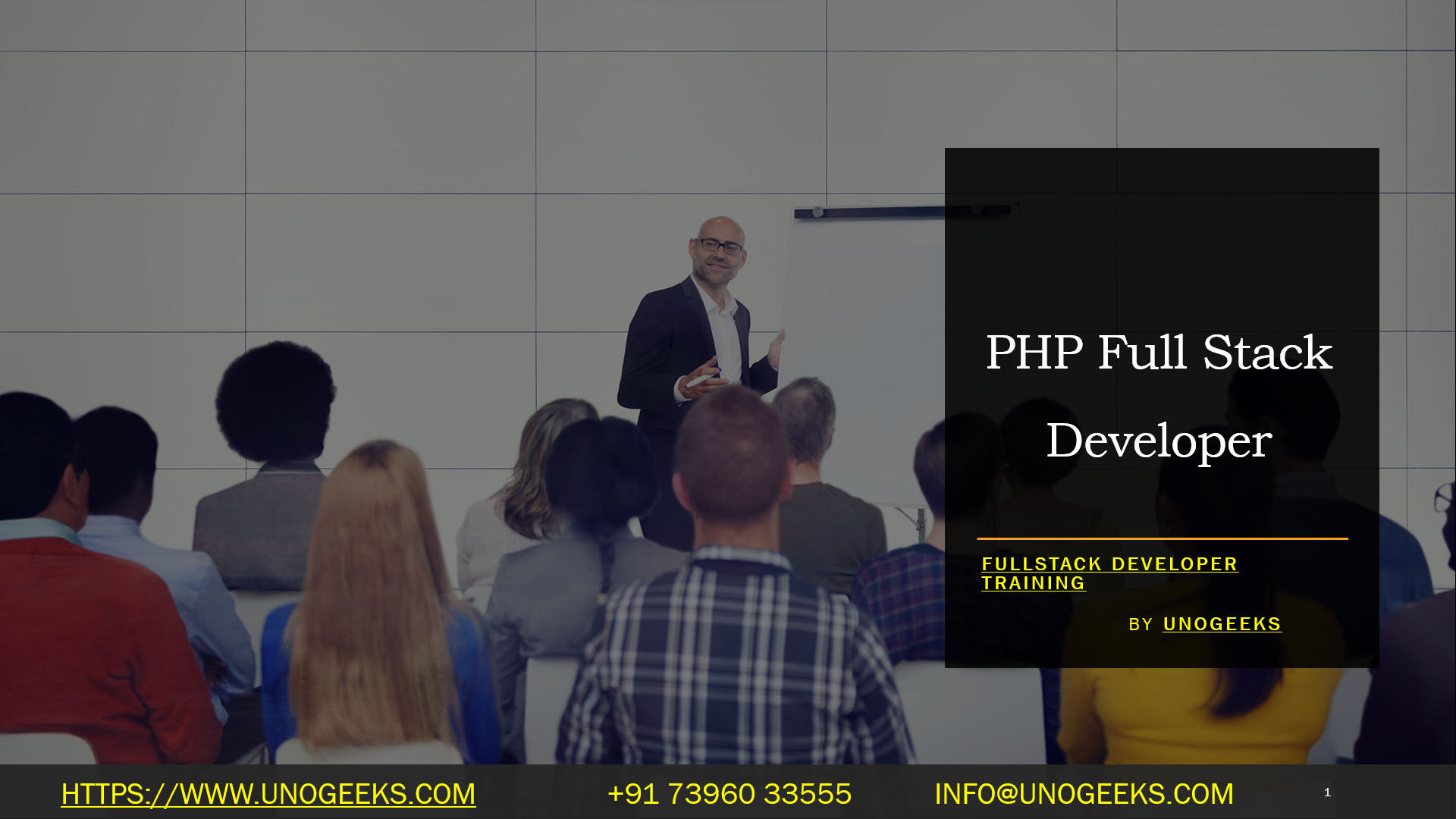PHP Full Stack Developer
PHP Full Stack Developer
PHP Full Stack Developer
PHP Full Stack Developer
PHP Full Stack Developer
PHP Full Stack Developer
PHP Full Stack Developer
PHP Full Stack Developer
PHP Full Stack Developer
PHP Full Stack Developer
PHP Full Stack Developer
PHP Full Stack Developer
PHP Full Stack Developer
PHP Full Stack Developer
PHP Full Stack Developer
PHP Full Stack Developer
PHP Full Stack Developer
PHP Full Stack Developer
PHP Full Stack Developer
PHP Full Stack Developer
PHP Full Stack Developer
PHP Full Stack Developer
PHP Full Stack Developer
PHP Full Stack Developer
PHP Full Stack Developer
PHP Full Stack Developer
PHP Full Stack Developer
PHP Full Stack Developer
PHP Full Stack Developer
PHP Full Stack Developer
PHP Full Stack Developer
PHP Full Stack Developer
PHP Full Stack Developer
PHP Full Stack Developer
PHP Full Stack Developer
PHP Full Stack Developer
PHP Full Stack Developer
PHP Full Stack Developer
PHP Full Stack Developer
PHP Full Stack Developer
PHP Full Stack Developer
PHP Full Stack Developer
PHP Full Stack Developer
PHP Full Stack Developer
PHP Full Stack Developer
PHP Full Stack Developer
PHP Full Stack Developer
PHP Full Stack Developer
PHP Full Stack Developer
PHP Full Stack Developer
PHP Full Stack Developer
PHP Full Stack Developer
PHP Full Stack Developer
PHP Full Stack Developer
PHP Full Stack Developer
PHP Full Stack Developer
PHP Full Stack Developer
A PHP full-stack developer is a professional who has expertise in both front-end and back-end web development using the PHP programming language. Full-stack developers are well-rounded and capable of handling all aspects of web development, from creating user interfaces to managing server-side logic and databases. Here are the key skills and responsibilities of a PHP full-stack developer:
Front-End Development Skills:
- HTML/CSS: Proficiency in HTML (Hypertext Markup Language) and CSS (Cascading Style Sheets) to create the structure and design of web pages.
- JavaScript: Strong knowledge of JavaScript to add interactivity and dynamic behavior to websites. Familiarity with JavaScript libraries and frameworks like jQuery, React, or Vue.js is a plus.
- Responsive Design: Ability to create web pages that are responsive and adapt to different screen sizes and devices, including desktops, tablets, and smartphones.
- User Interface (UI) Design: Basic design skills to create visually appealing and user-friendly interfaces.
- Cross-Browser Compatibility: Ensuring that web applications work correctly on various web browsers, including Chrome, Firefox, Safari, and Edge.
- Web Performance Optimization: Knowledge of techniques to optimize web page loading times and improve the overall user experience.
Back-End Development Skills:
- PHP: Proficiency in PHP, a server-side scripting language commonly used for web development. Knowledge of PHP frameworks like Laravel, Symfony, or CodeIgniter is essential.
- Database Management: Experience in designing and managing databases using technologies like MySQL, PostgreSQL, or MongoDB.
- Server-Side Logic: Writing server-side code to handle requests, process data, and interact with databases. Implementing business logic and application functionality.
- API Development: Building and consuming APIs (Application Programming Interfaces) for data exchange between the front end and back end or integrating with external services.
- Security: Implementing security measures to protect web applications from common threats, including SQL injection, cross-site scripting (XSS), and data breaches.
- Authentication and Authorization: Implementing user authentication and authorization mechanisms to protect sensitive data and control access to certain parts of the application.
- Version Control: Using version control systems like Git to manage code repositories and collaborate with other developers.
Additional Skills:
- Linux/Server Administration: Basic knowledge of Linux server administration for deploying and configuring web applications on web servers like Apache or Nginx.
- Testing and Debugging: Proficiency in testing and debugging web applications to identify and fix issues.
- Content Management Systems (CMS): Familiarity with CMS platforms like WordPress or Drupal if required for specific projects.
- Collaboration and Communication: Effective communication and collaboration with team members, including designers, front-end developers, and other stakeholders.
- Problem-Solving Skills: Strong problem-solving abilities to troubleshoot technical issues and find solutions.
PHP full-stack developers are versatile and capable of working on a wide range of web projects, from creating custom web applications to maintaining and optimizing existing websites. Their ability to bridge the gap between front-end and back-end development makes them valuable contributors to web development teams.
Full Stack Developer Training Demo Day 1 Video:
Conclusion:
Unogeeks is the No.1 IT Training Institute for Full Stack Developer Training. Anyone Disagree? Please drop in a comment
You can check out our other latest blogs on Full Stack Developer Training here – Full Stack Developer Blogs
Please check out our Best In Class Full Stack Developer Training Details here – Full Stack Developer Training

———————————-
For Training inquiries:
Call/Whatsapp: +91 73960 33555
Mail us at: info@unogeeks.com
Our Website ➜ https://unogeeks.com
Follow us:
Instagram: https://www.instagram.com/unogeeks
Facebook:https://www.facebook.com/UnogeeksSoftwareTrainingInstitute
Twitter: https://twitter.com/unogeeks
